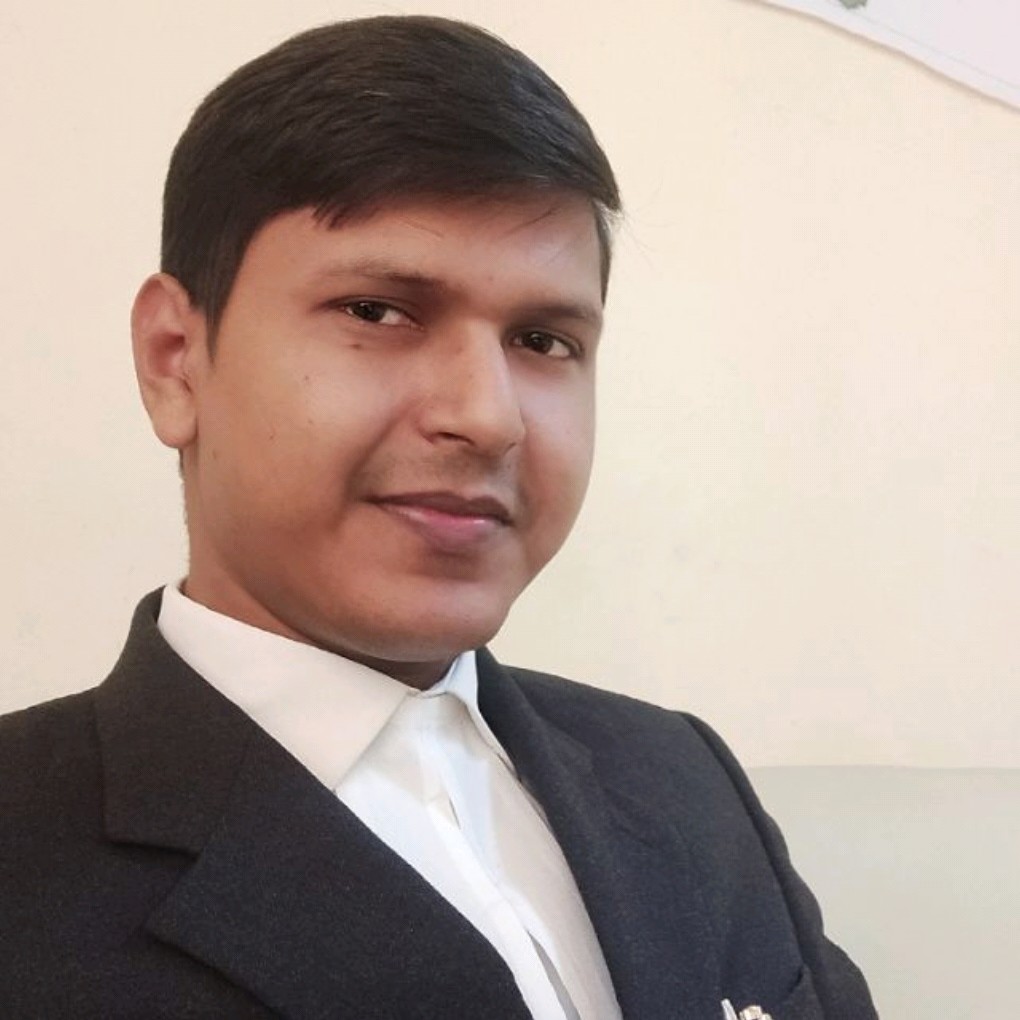 |
| Supreme Court of India |
In Christian
Medical College Vellore Association v. Union of India and Others (2020 SCC
OnLine SC 423) (decided by Arun Mishra, Vineet Saran and M.R. Shah, JJ. on
29.04.2020), a question arose before the Hon'ble Supreme Court that whether
NEET exam violate the fundamental rights of the minorities in India?
Do Subscribe to our YouTube Channel for more legal updates in Hindi.
Considering the above question, the Hon'ble Supreme Court held as under:
"58.
Thus, we are of the opinion that rights under Articles 19(1)(g) and 30 read
with Articles 25, 26 and 29(1) of the Constitution of India do not come in the
way of securing transparency and recognition of merits in the matter of
admissions. It is open to regulating the course of study, qualifications for
ensuring educational standards. It is open to imposing reasonable restrictions
in the national and public interest. The rights under Article 19(1)(g) are not
absolute and are subject to reasonable restriction in the interest of the
student's community to promote merit, recognition of excellence, and to curb
the malpractices. Uniform Entrance Test
qualifies the test of proportionality and is reasonable. The same is intended to check several
maladies which crept into medical education, to prevent capitation fee by
admitting students which are lower in merit and to prevent exploitation, profiteering,
and commercialisation of education. The institution has to be a capable vehicle
of education. The minority institutions are equally bound to comply with the conditions
imposed under the relevant Acts and Regulations to enjoy affiliation and recognition,
which apply to all institutions. In case
they have to impart education, they are bound to comply with the conditions which
are equally applicable to all. The regulations are necessary, and they are not divisive
or disintegrative. Such regulatory measures enable institutions to administer
them efficiently. There is no right given to maladminister the education derogatory
to the national interest. The quality of medical education is imperative to
subserve the national interest, and the merit cannot be compromised. The
Government has the right for providing regulatory measures that are in the
national interest, more so in view of Article 19(6) of the Constitution of
India.
59.
The rights of the religious or linguistic minorities under Article 30 are not
in conflict with other parts of the Constitution. Balancing the rights is constitutional
intendment in the national and more enormous public interest. Regulatory
measures cannot be said to be exceeding the concept of limited governance. The
regulatory measures in question are for the improvement of the public health
and is a step, in furtherance of the directive principles enshrined in Articles
47 and 51(A)(j) and enable the individual by providing full opportunity in pursuance
of his objective to excel in his pursuit. The rights to administer an
institution under Article 30 of the Constitution are not above the law and other
Constitutional provisions. Reasonable regulatory measures can be provided
without violating such rights available under Article 30 of the Constitution to
administer an institution. Professional educational institutions constitute a
class by themselves. Specific measures to make the administration of such institutions
transparent can be imposed. The rights available under Article 30 are not
violated by provisions carved out in Section 10D of the MCI Act and the Dentists
Act and Regulations framed by MCI/DCI. The regulatory measures are intended for
the proper functioning of institutions and to ensure that the standard of education
is maintained and does not fall low under the guise of an exclusive right of
management to the extent of maladministration. The regulatory measures by
prescribing NEET is to bring the education within the realm of charity which
character it has lost. It intends to weed out evils from the system and various
malpractices which decayed the system. The regulatory measures in no way
interfere with the rights to administer the institution by the religious or
linguistic minorities.
60. Resultantly, we hold
that there is no violation of the rights of the unaided/aided minority to administer
institutions under Articles 19(1) (g) and 30 read with Articles 25, 26 and
29(1) of the Constitution of India by prescribing the uniform examination of
NEET for admissions in the graduate and postgraduate professional courses of
medical as well as dental science. The provisions of the Act and regulation
cannot be said to be ultra vires or taking away the rights guaranteed under the
Constitution of India under Article 30(1) read with Articles 19(1)(g), 14, 25,
26 and 29(1). Accordingly, the transferred cases, appeal, and writ petitions
are disposed of."
Considering the above, it is understood that the Hon'ble Supreme Court
held that prescribing a uniform examination of NEET for admissions in medical
& dental courses did not violate rights of unaided/aided minority
institutions under Articles 19(1) (g) & 30 read with 25, 26 & 29(1) of
Constitution.
Do Subscribe to our YouTube Channel for more legal updates in Hindi.
Do Subscribe to our YouTube Channel for more legal updates in Hindi.






0 comments:
Post a Comment
If you have any doubt, let me know.